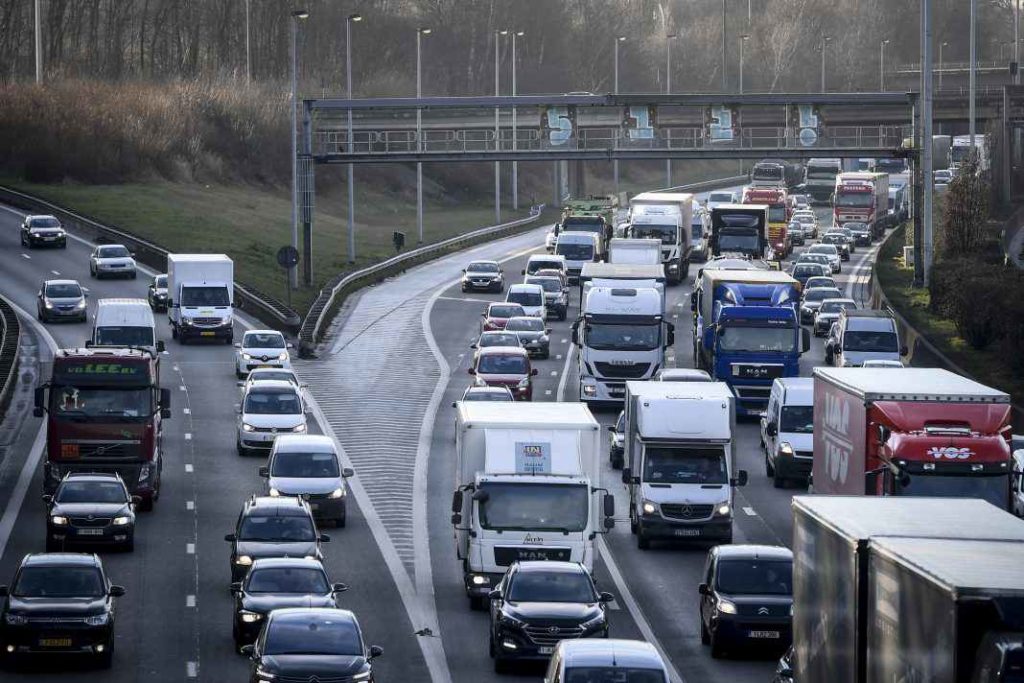The EU has recently decided that new car and van sales will have to be zero-emission by 2035 but there is no EU-wide policy on phasing out generous tax subsidies to fossil-driven vehicles offered by companies to their employees.
Even the ban on sales of combustion engine vehicles is not iron clad. EU industry chief Thierry Breton—France’s European Commissioner— is already pushing for a review clause in the new legislation. Nor is the definition of zero-emission vehicles crystal clear if green house gases continue to be emitted during the production of the cars and batteries are charged by non-renewable electricity.
As previously reported by The Brussels Times, even though company cars disproportionately contribute to traffic congestion and pollution, most European governments continue to subsidize corporate-owned fleets for up to €32 billion per year. Belgium takes the lead with €6,542 of subsidies per corporate vehicle.
The high tax rates in Belgium often make it more financially attractive for employers to reward workers with cars rather than better wages. A company car often also comes with a fuel card, meaning that people do not have to pay for their own fuel.
Since 1019, a scheme is in place in Belgium to allow employees to choose between company cars and public transport benefits (such as reduced taxi costs, free bicycles, or shared car services), but it has had low take-up.
Asked by the European Commission’s policy on company cars, a Commission spokesperson referred to its 2023 workplan, adopted last October. In its annex, point 9 under the European Green Deal, the following point is found: ‘Greening corporate fleets initiative (legislative or non-legislative, Q3 2023’.
The Commission is looking into it but could not provide any details about the initiative at the time of press. It also admitted that there is no EU-wide policy on taxation of company cars which is a national competency. In the past, the Commission has issued country-specific recommendations on removing “distortive tax expenditures”.
Another opportunity to influence EU member states was when the Commission adopted their recovery and resilience plans. As regards Belgium’s plan, the Commission wrote in June 2021 that, “there is room to mitigate the negative effects of certain tax schemes, such as the company car scheme, which leads to undesirable environmental consequences in terms of road travel”.
According to the Commission, the favourable tax treatment of company cars (€3.75 billion or 0.9% of GDP annually) contributes to the growing road traffic volumes.
“Although alternatives like the cash for car system and the mobility budget were introduced, their take-up rate is very low, since all favourable elements of the company car scheme (deductibility of fuel costs for private travel; special regime of social security contributions for benefit-in-kind; low valuation of benefit-in-kind) remain in place.”
M. Apelblat
The Brussels Times

